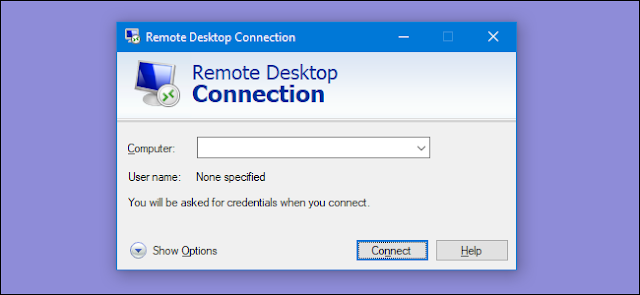Positive Technologies experts said that the number of network nodes in the Russian Federation accessible via the Remote Desktop Protocol (RDP) for three weeks (since the end of February 2020) increased by 9% and reached over 112,000.
It is enough for hackers to send a special RDP request to vulnerable Remote Desktop Services (RDS) to attack. Authentication is not required. If successful, an attacker can install and delete programs on a compromised system, create accounts with the highest level of access, and read and edit confidential information. The vulnerabilities affect Windows 7, Windows Server 2008, and Windows Server 2008 R2 operating systems.
According to Alexey Novikov, director of Positive Technologies security expert center, attacks on the network perimeter of domestic companies have begun to grow. Hackers are trying to get access over servers and get into the local network. This boom is caused by the transfer of employees to remote work.
For a secure remote connection, employees need to use a special gateway. For RDP connections needs a RDG, for VPN requires a VPN Gateway. Experts do not recommend connecting directly to the workplace.
Experts warn that opening access to individual subnets to all VPN users at once significantly reduces the security of the organization and not only gives broad opportunities to an external attacker but also increases the risk of an insider attack. Therefore, IT professionals need to maintain network segmentation and allocate the required number of VPN pools.
Positive Technologies experts emphasize the threat of remote access channels to business-critical networks and systems, for example, production and energy technology networks, ATM management networks or card processing in banks.
In addition, Positive Technologies recommends paying attention to a critical vulnerability (CVE-2019-19781) in Citrix software that is used in corporate networks. The vulnerability in PHP 7 (CVE-2019-11043), which, according to Positive Technologies, was included in the list of the most dangerous by the end of 2019, should be eliminated.

